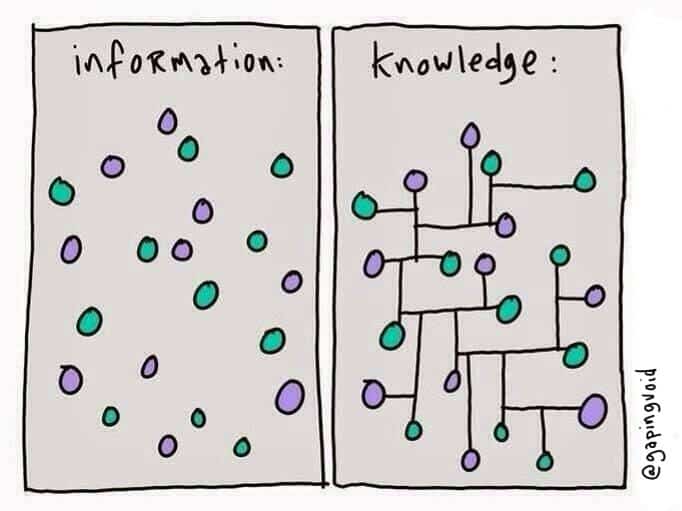
Dupree, right, and her colleague show an archived paper of the Taliban [from Al Jazeera obituary] [Massoud Hossaini/Reuters]
ACKU, founded in 2006, was a vision of Dupree’s since 1989 when she and her husband worked on the ACBAR Resource and Information Centre (ARIC). ACBAR was the Agency Coordinating Body for Afghan Relief, which was active in Peshawar, Pakistan to support Afghan refugees. ARIC, then, according to the website of ACKU, was a “central depository for reports and surveys generated by NGOs, bilateral humanitarian organizations and UN agencies… The purpose was to facilitate coordination of humanitarian aid to Afghan refugees and to avoid duplication.” This commitment to collection and organization is exemplified in the Center’s motto: “nation building through information sharing.” ACKU also has a program for building libraries in communities outside of Kabul.

Nancy Hatch Dupree at the Afghanistan Center at Kabul University in 2014. [from New York Times obituary] [Massoud Hossaini/Associated Press]
I am interested in this story because we often hear about the documents and artifacts taken out of their cultural context by anthropologists, archaeologists, and historians to be organized and preserved for study in museums and archives. It seems that Dupree was invested in keeping this collection in Afghanistan as opposed to an institution in the United States because of its significance to Afghan culture and the importance of this collection staying in Afghanistan. The organization of materials in libraries, museums, and archives is not done in a vacuum. It is a worthwhile endeavor that can not only assist users in accessing an information resource, but also empower them in their use.
Sources consulted:
Afghanistan Center at Kabul University website
Submitted by Alice Griffin (653-03)
